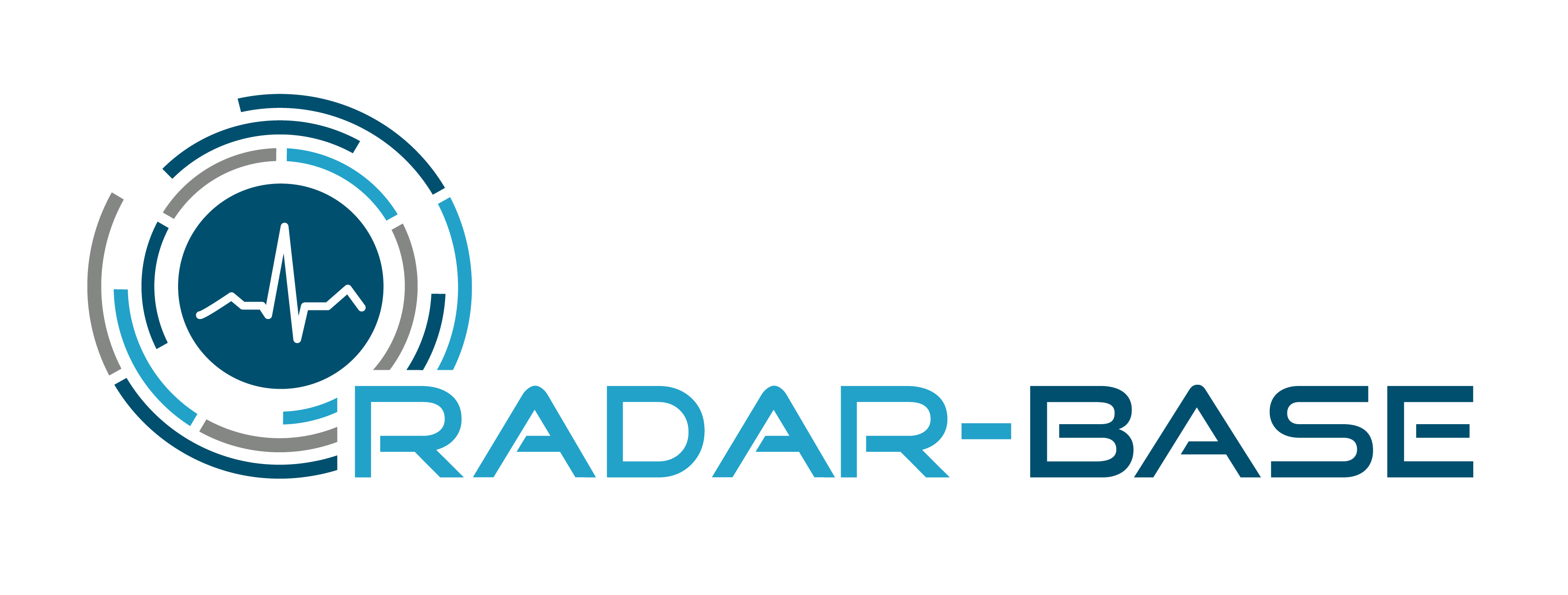
MAAM: Measuring Adult ADHD and Menstruation
MAAM: Measuring Adult ADHD and Menstruation
Dr. Jessica Agnew-Blais, from Queen Mary University of London, has secured a UKRI grant to embark on a groundbreaking study focusing on Attention Deficit Hyperactivity Disorder (ADHD) in women. This research aims to address the significant knowledge gap surrounding their unique presentation and experiences of the condition.
Among women with ADHD, the effects of hormones on functioning are a big concern. Many women with ADHD report their ADHD gets worse or their medication doesn’t work as well at certain times of their menstrual cycle. However, this has not been investigated in a research study. The Measuring Adult ADHD and Menstruation (MAAM) study is the first to investigate whether ADHD symptoms, impairment and associated functioning vary across the menstrual cycle.
The MAAM study will collect information using RADAR-base from women for 3 months in two ways: first, we will give women daily questionnaires on their smartphones about their ADHD symptoms, ADHD medication, menstrual cycle, and related problems (like low mood and cognitive problems). Second, we will use a ‘smart ring‘ device, the Oura ring, that women wear on their finger to sense sleep patterns and physical activity, which may help us understand how hormonal changes and ADHD are related. This ‘smart ring’ can also measure body temperature, which is important because body temperature changes over the menstrual cycle, so this is an innovative and non-intrusive way to assess phases of the cycle. Findings from this study could have a major impact on ADHD treatment for women, as cycle tracking, adjustments of medication dosage during certain cycle phases and interventions to support sleep and physical activity may be beneficial.
Promising Implications: This research holds the potential to:
- Improve diagnosis and treatment options for women and girls with ADHD.
- Equip healthcare professionals with the knowledge and tools to better understand and support this population.
- Empower women and girls with ADHD to manage their symptoms and reach their full potential.
also see: https://www.qmul.ac.uk/media/news/2023/se/dr-jessica-agnew-blais-study-to-bridge-knowledge-gap-in-adhd-wins-ukri-grant-.html

